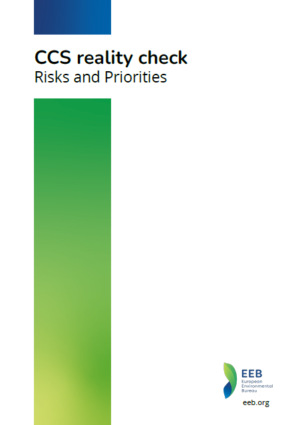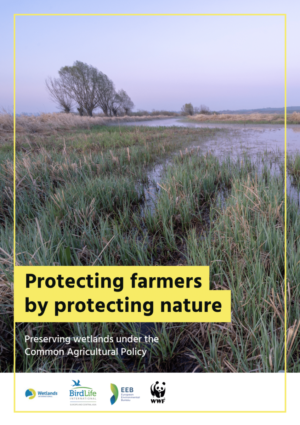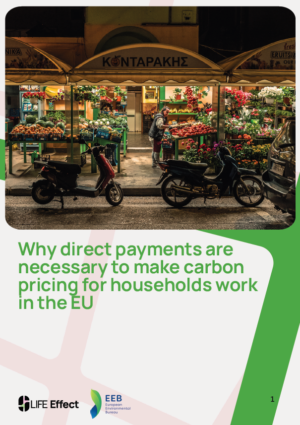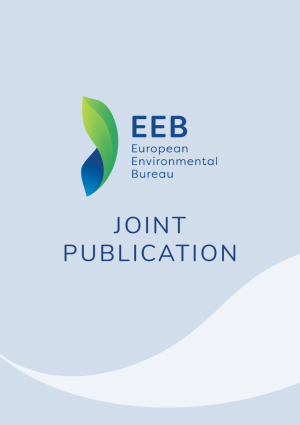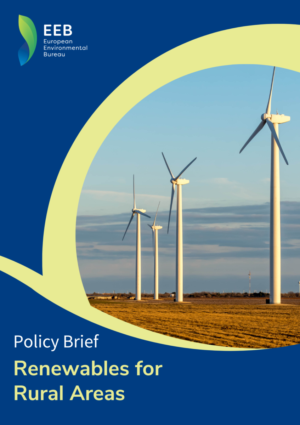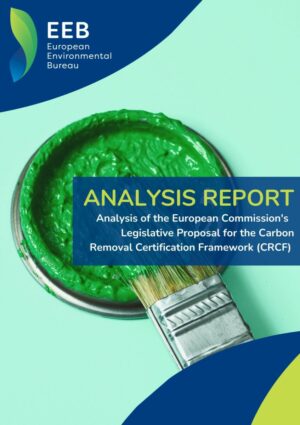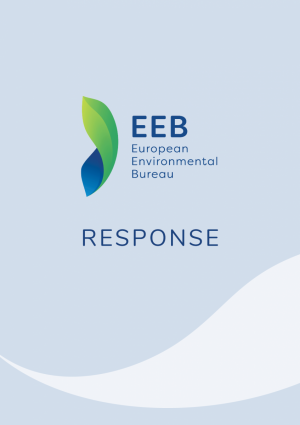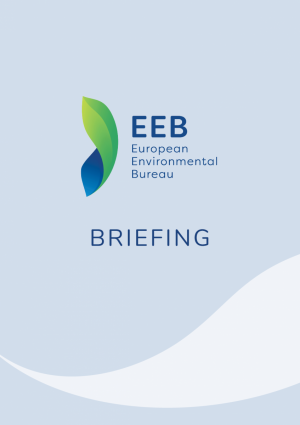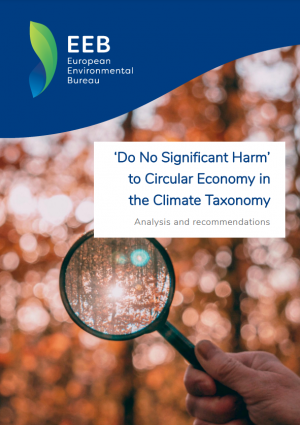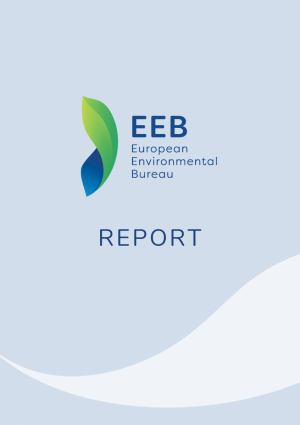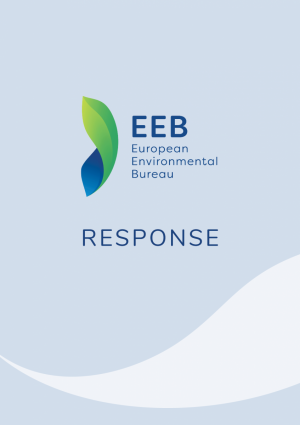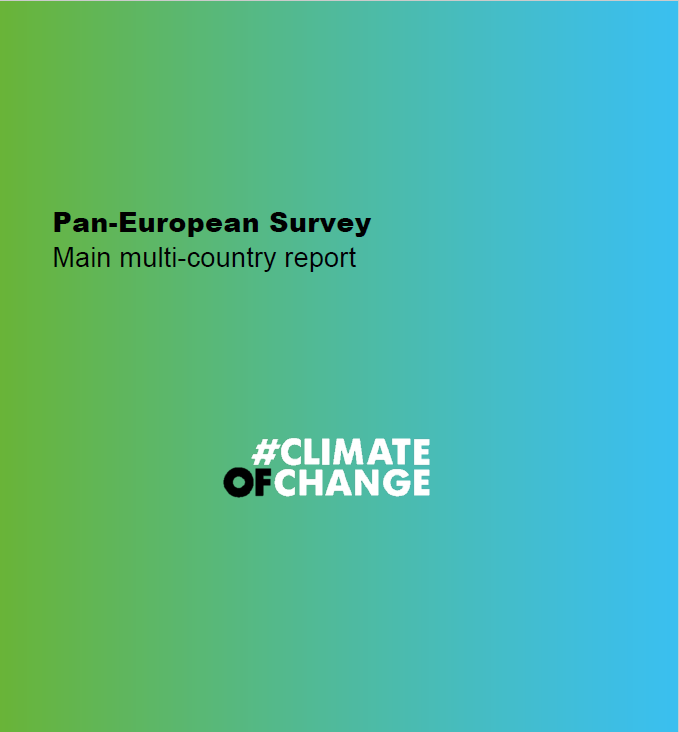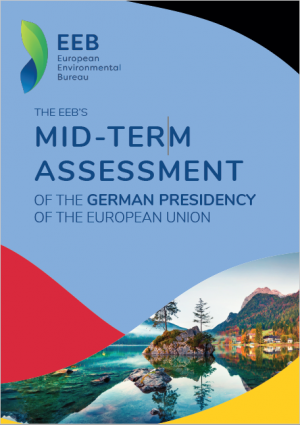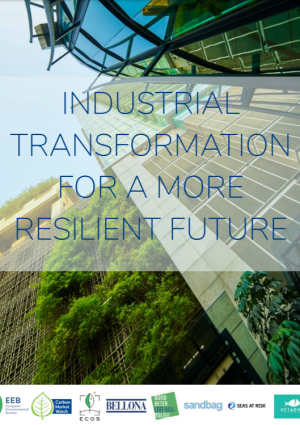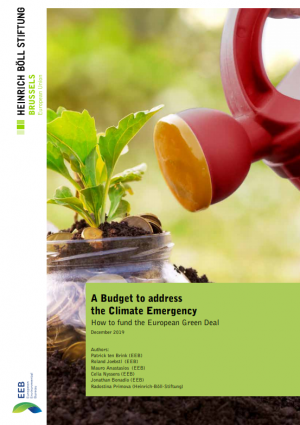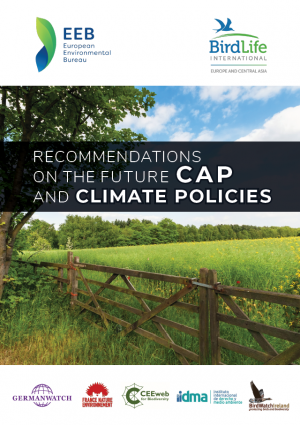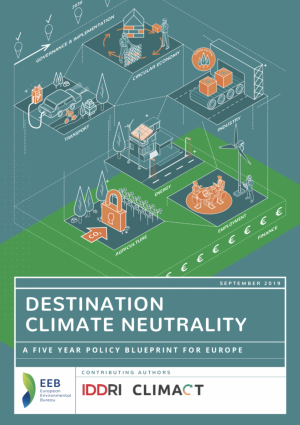100% renewables future
We are facing converging crises: climate, biodiversity, energy security. A 100% renewables-based energy system is key to addressing these crises jointly to pave the way for a sustainable future.
The EEB is committed to ensuring that the right policies and measures are put in place in the EU to ensure that the growth of renewable energy in all sectors is achieved quickly and in harmony with the needs of nature and local communities.
According to our estimates in the Paris Agreement Compatible (PAC) scenario, the EU can reach climate neutrality by 2040 – ten years ahead than currently planned by EU countries – by transitioning rapidly towards a 100% renewables-based energy system and by reducing energy consumption drastically.
The development of renewable energy sources and electricity grids must not be at the expense of preserving and restoring biodiversity and our ecosystems. This requires optimal use of digital mapping tools to assess environmental sensitivities and locate renewables in ways that minimise negative ecological impacts. Strategic spatial planning must follow suit, prioritising the designation of Renewables Acceleration Areas (RAAs) in regions of low ecological value, while project permitting procedures must include clear criteria for environmental assessment and mitigation measures in all suitable areas.
Putting energy back into the hands of people is crucial. Community-owned renewable energy projects can boost local economies by creating jobs, reducing energy bills, and redistributing the direct economic benefits of projects within the community, improving local acceptance and reducing the risk of legal disputes delaying new renewable projects.
Integrating and combining different renewable energy resources at the system level is key to realising their full generation potential and reducing the need for expensive or polluting balancing options. In particular, expanding and upgrading electricity infrastructure, both within and between countries, is key to efficiently and cost-effectively accommodating the increasing output of solar and wind. At the same time, it is important to rapidly enable or improve demand-side response in both the residential and industrial sectors. This will unlock the full potential of distributed generation while minimising the grid upgrades required, thereby reducing material requirements.

